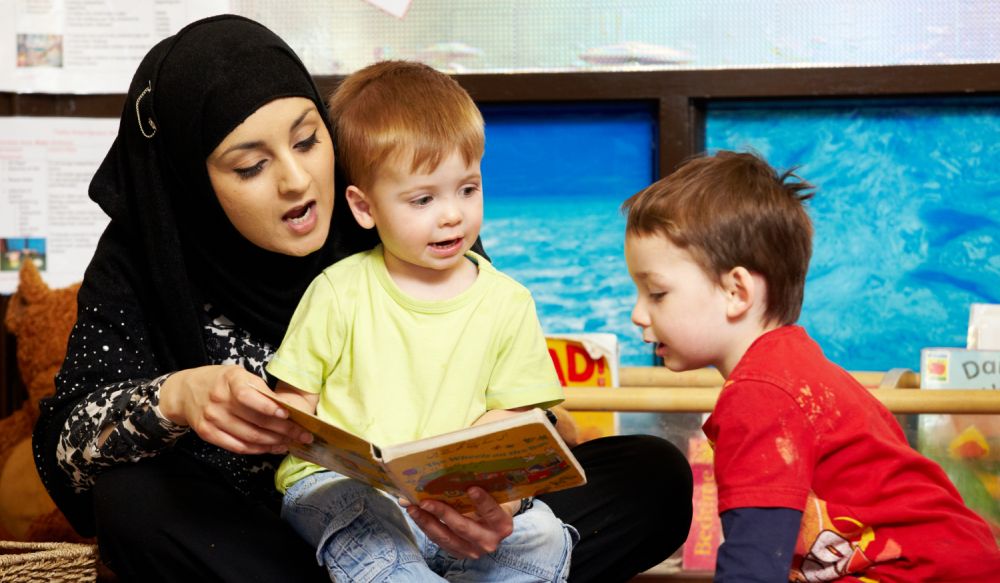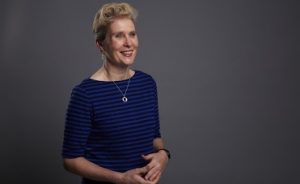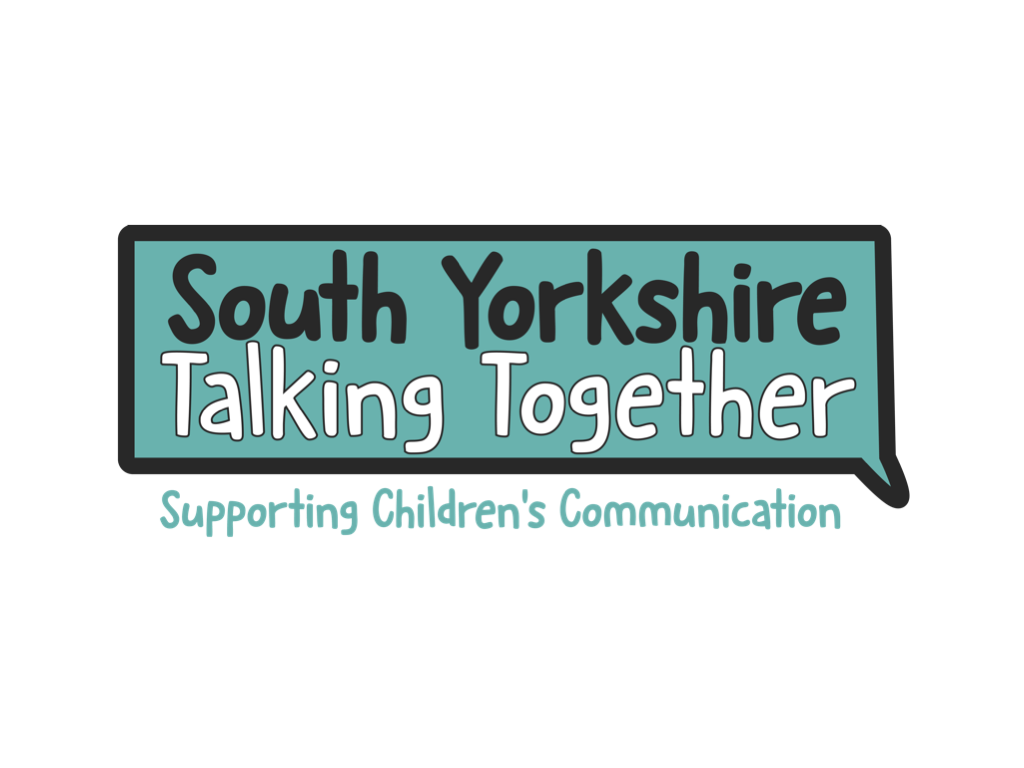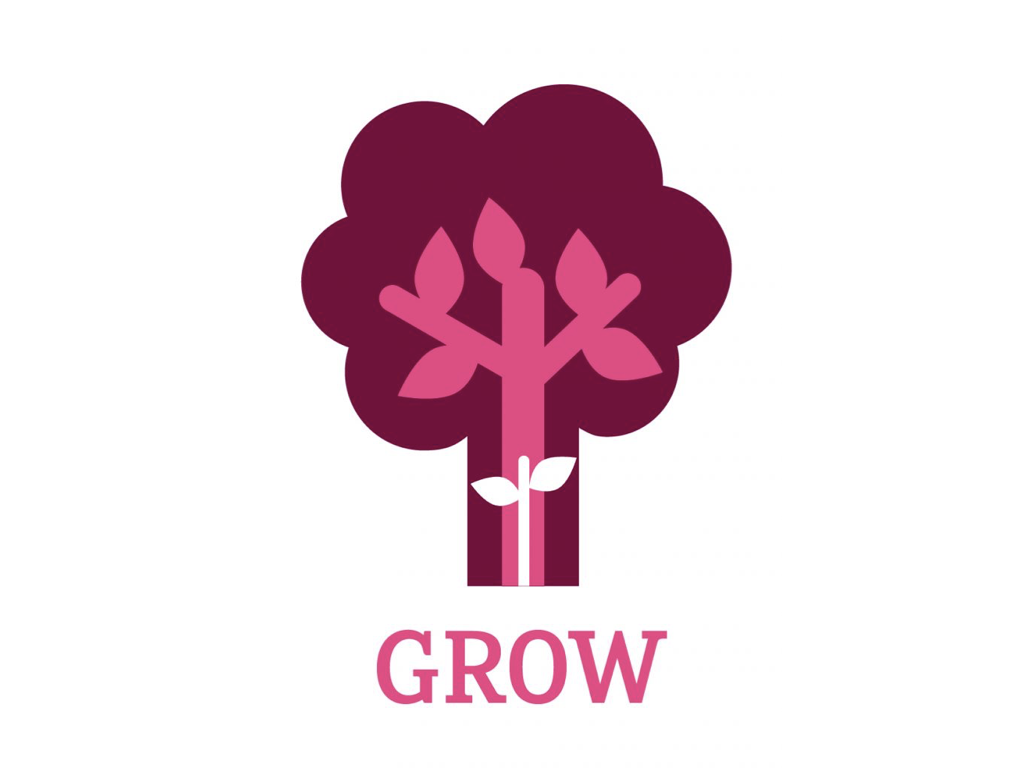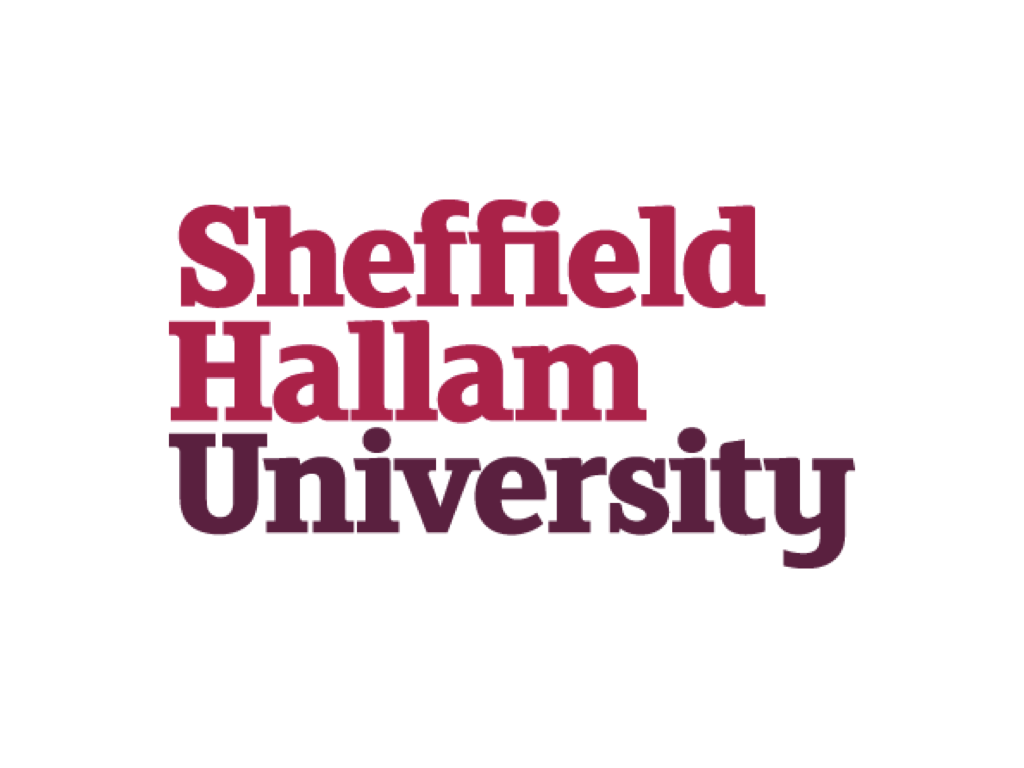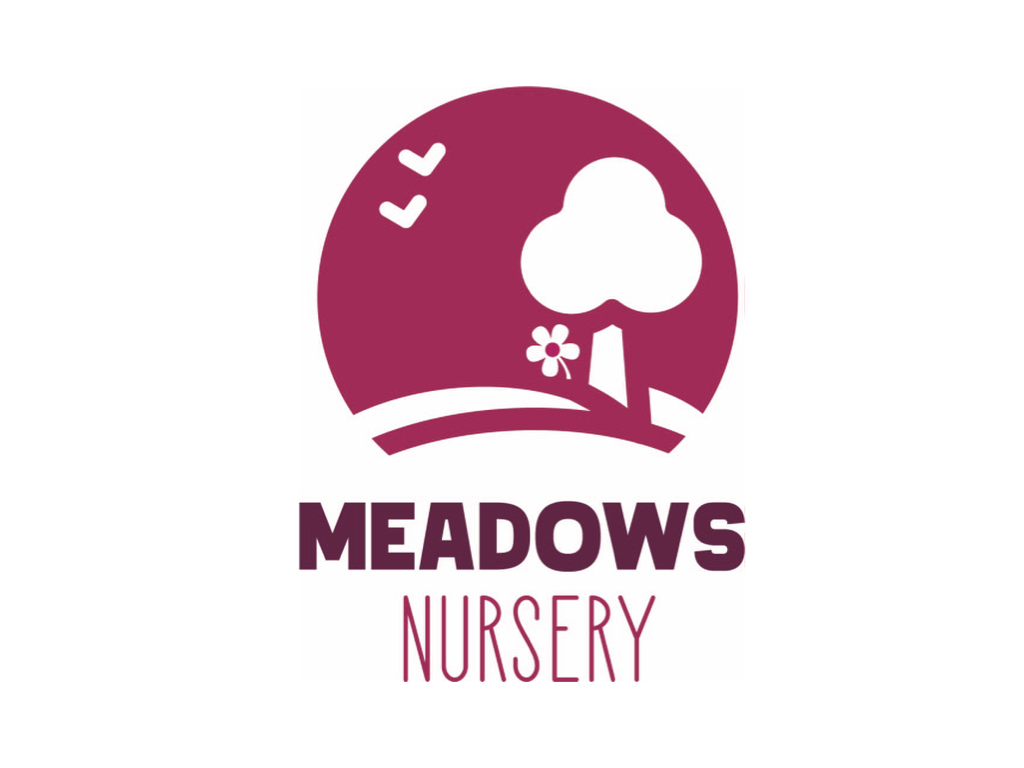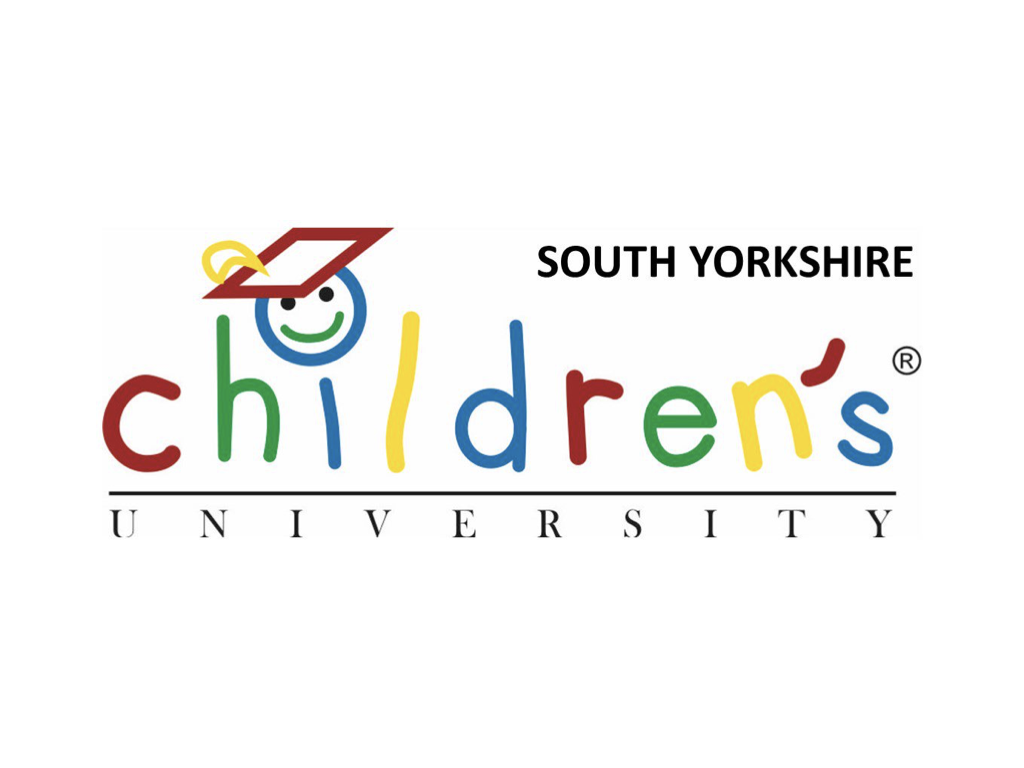Sheffield Hallam University’s social mobility programme, South Yorkshire Futures, has received a major boost from the Sheffield City Region Mayor, Dan Jarvis.
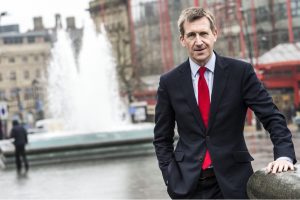 Dan Jarvis has pledged a package including funding and support to the Department for Education supported programme – the biggest and most ambitious university-led social mobility project in the country.
Dan Jarvis has pledged a package including funding and support to the Department for Education supported programme – the biggest and most ambitious university-led social mobility project in the country.
The new South Yorkshire Futures Mayoral Partnership Fund will be used to support specific projects from the programme that are designed to improve life opportunities for disadvantaged children from the region.
Signalling his commitment to South Yorkshire Futures, the Mayor has also written to the top 100 businesses from the region asking for their support.
The third announcement saw the four South Yorkshire local authorities commit to improving education for children aged 0 – 5 years by jointly signing a Regional Vision for Early Years.
The programme brings together education partners from across the region to improve attainment and raise aspirations of children and young people, particularly those from disadvantaged backgrounds.
The announcements were made at an event to celebrate programme’s first year of activity in front of 250 people, including school leaders, MPs, councillors, DfE representatives, business leaders and other stakeholders from the education sector.
In his speech, Mayor Jarvis announced the funding and his plan to write to the top 100 businesses from the region asking them to support the Talent Bank element of the programme, through skills-based offers to schools such as volunteering, mentoring and school governorships.
Mayor Dan Jarvis said: “Helping improve life opportunities for young people in our region who need it most, is a mission that South Yorkshire Futures and I share. It should not be a matter of political debate that our school children need to be healthy, independent, emotionally secure, socially competent, able to learn and able to separate from their parents or carers, but many of our children are not.
“If we fail to deal with these challenges we will lock in the iniquities of social immobility and we cannot allow this to happen. That is why I am delighted to commit to the development of an Early Years’ pledge to commit the whole public sector to assisting with school readiness for all young people. I am going to write to the 100 leading businesses across the region to ask for their formal commitment to South Yorkshire Futures to build a talented pool of mentors, school governors and volunteers to support schools in the region, who need it most.
“I am also going to commit some of my Mayoralties resources to the creation of a South Yorkshire Futures Mayoral Partnership Fund. Through this fund, I believe, we can deliver genuine transformational change for all the young people in our region to ensure they have the skills and education to help them achieve their full potential.”
Richard Calvert, Chief Operating Officer of Sheffield Hallam University, said: “Dan’s support is a tremendous boost for the programme and of course children and young people from the region and we are extremely grateful.
“Sheffield Hallam University has made a substantial commitment with South Yorkshire Futures, making it a civic responsibility to use our position, expertise and location in the region to help transform lives.”
Greg Burke, Director of South Yorkshire Futures, said: “We have made huge strides in our first year – but we know we must do more. Our plans for the next 12 months, around early years, teacher recruitment, skills, higher education, and employment, are extremely ambitious – but we are not naïve. We do not have all the answers and we certainly can’t do it by ourselves.
“We are confident that working with our partners we can begin to make a real difference to the lives of those who need our support the most.”

